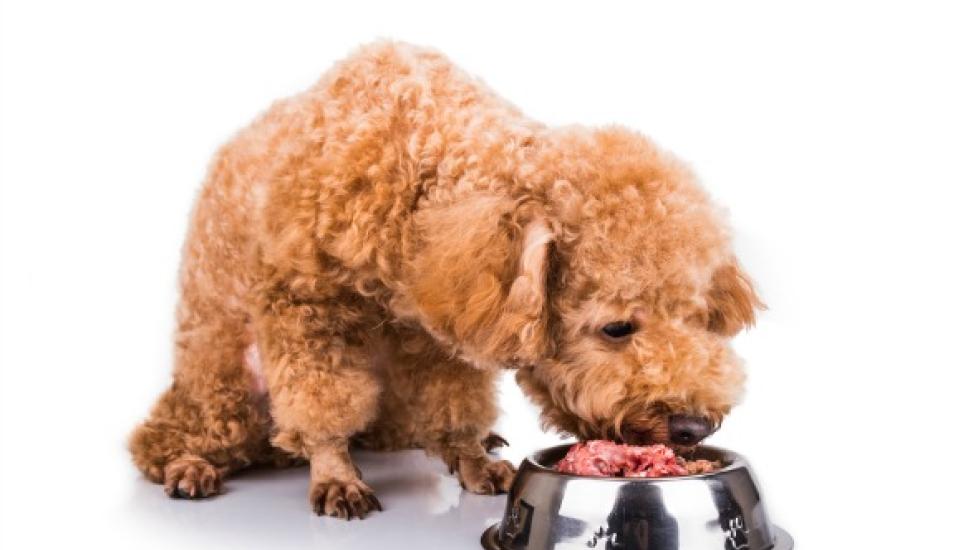Title: Unwanted Guests: Understanding and Preventing Pork Roundworm Infections in Canine Companions
Introduction:
Nestled within the cozy corners of our homes, dogs often become treasured members of the family. However, these beloved pets can sometimes encounter health issues that require attention and care. One such concern is pork roundworm infection, a common parasitic infestation that can affect both dogs and humans if left unchecked. As pet owners, it’s crucial to understand how this condition manifests itself, its potential risks, and effective prevention strategies. Let’s delve into the world of pork roundworm infections and learn how we can safeguard our furry friends from their unwelcome guests.
What are Pork Roundworms?
Pork roundworms (Toxocara canis) are intestinal nematodes found primarily in dogs but also have the capacity to infect other animals and even humans under certain circumstances. These worms reproduce inside a dog’s digestive tract, shedding eggs that can be passed out through feces and potentially contaminating the environment. If ingested by another animal or human, these eggs can lead to serious health consequences.
Symptoms and Diagnosis:
The signs of pork roundworm infection in dogs may vary depending on the severity of the infestation. Some dogs might show no overt symptoms at all, while others could experience gastrointestinal distress, including diarrhea, vomiting, and weight loss. More severe cases might involve lethargy, poor coat quality, and in rare instances, neurological problems due to larval migration throughout the body. Veterinarians typically diagnose the presence of pork roundworms through stool samples analyzed for worm eggs or via imaging tests if internal complications arise.
Prevention Strategies:
Fortunately, there are several steps pet owners can take to reduce the likelihood of pork roundworm infection in their canine companions:
-
Regular De-Worming: Administering preventative de-worming medications as recommended by your veterinarian helps keep worms at bay. Most products are safe and effective when used according to instructions.
-
Proper Waste Disposal: Promptly pick up after your dog whenever they defecate outside and dispose of waste appropriately. This prevents the spread of worm eggs to other areas where they could be inadvertently consumed.
-
Environmental Cleanup: Wearing gloves and using disinfectants, thoroughly clean any outdoor play spaces frequented by your dog. Pay special attention to sandboxes, kennels, and garden areas where eggs could persist.
-
Good Hygiene Practices: Always wash your hands thoroughly with soap and water after handling your dog, cleaning up after them, or gardening, especially if you have young children who may put their hands in their mouths without washing first.
-
Vaccination Considerations: While not directly related to preventing pork roundworms themselves, keeping your dog up to date on vaccinations against diseases like parvovirus can help maintain overall good health and support a robust immune system.
Conclusion:
By being aware of the dangers posed by pork roundworm infections and taking proactive measures to protect our four-legged friends, we can ensure healthier lives for both them and us. It’s important to consult with a veterinary professional about specific preventive measures tailored to your dog’s lifestyle and risk factors. With vigilance and proper management, we can create a home environment that keeps unwanted guests—like pork roundworms—out of sight and mind.
